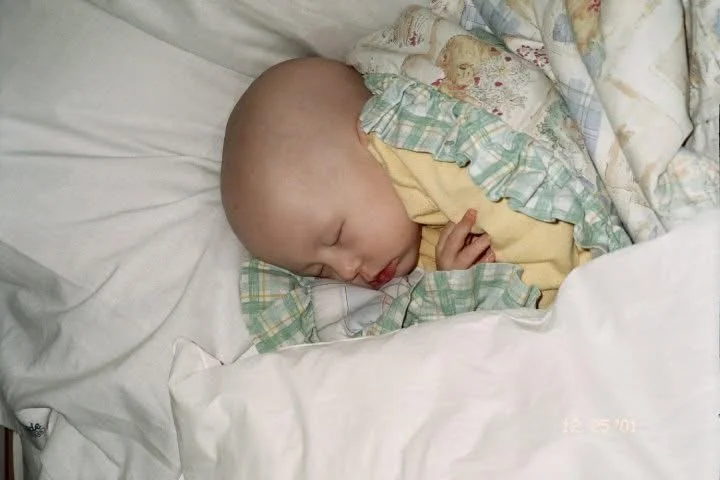Meet Payton, 2025 Scholar
Thanks to a generous survivorship program grant from Hyundai Hope On Wheels, twenty-two survivors were welcomed into the 2025 Children’s Cancer Cause College Scholars Program, representing both organizations’ strong investment in survivors and belief in their bright futures.
Each of these students receive a financial scholarship to help with academic expenses, and each Scholar commits to undertaking a volunteer project of their choosing related to childhood cancer advocacy.
Payton’s Story
Payton was diagnosed with Neuroblastoma just days after her first birthday. It was stage four.
“My pediatric oncologist told my family that because I had 17 metastatic sites and a heavy tumor burden on my aorta that my cancer was inoperable,” she says.
She would first need aggressive treatment. Within days of her diagnosis, she’d begin the first of seven cycles of chemotherapy and nine cycles of immunotherapy.
Then came surgery to remove as much of the tumor as possible.
She would later undergo six more surgeries, a stem cell transplant, and radiation to her abdomen.
Finally, after two years of intensive treatment, the toddler reached remission.
“But as all cancer survivors know, the journey with cancer did not end here,” Payton told us, mentioning late effects that include profound hearing loss and a thyroid tumor. She expects that she’ll need jaw surgery to repair damage caused by chemo, and she’s at increased risk of osteoporosis and cardiac dysfunction due to her treatment.
“Despite how much cancer has taken from me, I will never let it stop me from accomplishing my goals in life.”
Payton is now in medical school, and she hopes to work with pediatric oncology patients in the future. After finishing her third year of medical school, she is spending a year abroad conducting research on pediatric astrocytomas.
Payton’s Advocacy Project
As someone who beat terrifying odds in infancy, Payton is passionate about bringing hope to families facing the most terrifying day of their lives: their child’s diagnosis day.
As a medical school student, she’s already had the opportunity to bring hope to the family of a little boy diagnosed with the same cancer she’d beat.
“I could not change their child’s diagnosis, but it was within my power to make them feel less isolated,” she told us. “In three days, I collected 33 testimonies and headshots from neuroblastoma survivors and, with their permission, gave these to the recently diagnosed family. I shared my own story, and upon giving them these testimonies I was wrapped in a hug that will leave a permanent imprint.”
For her advocacy project, Payton plans to collect personal testimonies from childhood cancer survivors, to be available for pediatric oncologists to share with newly diagnosed families. She plans to start by first collecting neuroblastoma stories, and she aspires to eventually collect multiple stories from survivors of all pediatric cancer diagnoses so that a child’s doctor can always pull out an inspiring success story to share with a new patient.




